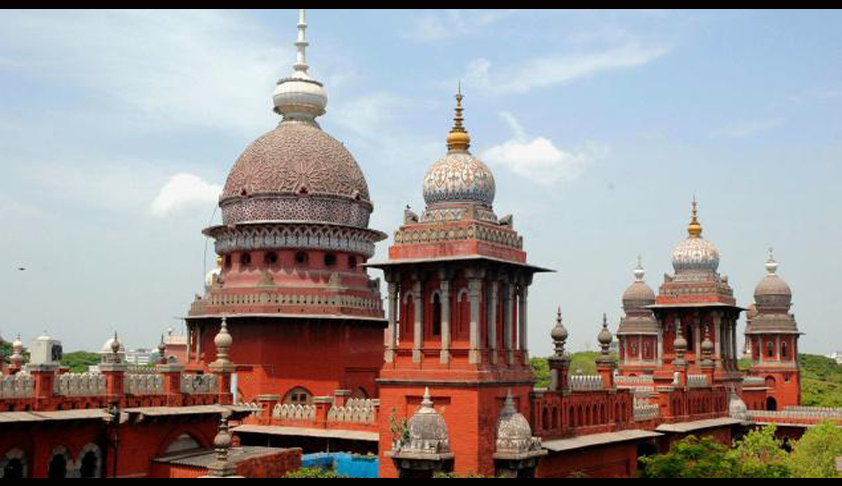Appeal against National Green Tribunal orders can be heard by High Court
LIVELAW NEWS NETWORK
6 Feb 2014 9:49 AM IST

Next Story
6 Feb 2014 9:49 AM IST
Enabling litigants hit by orders of the NGT to file appeals in the high court, a division bench of the Madras High Court comprising Justice N Paul Vasanthakumar and Justice P Devadass, which explained an area arising out of a provision in the NGT Act, which says appeals against NGT orders can be filed only in the Supreme Court, held that high courts did have jurisdiction to entertain...
